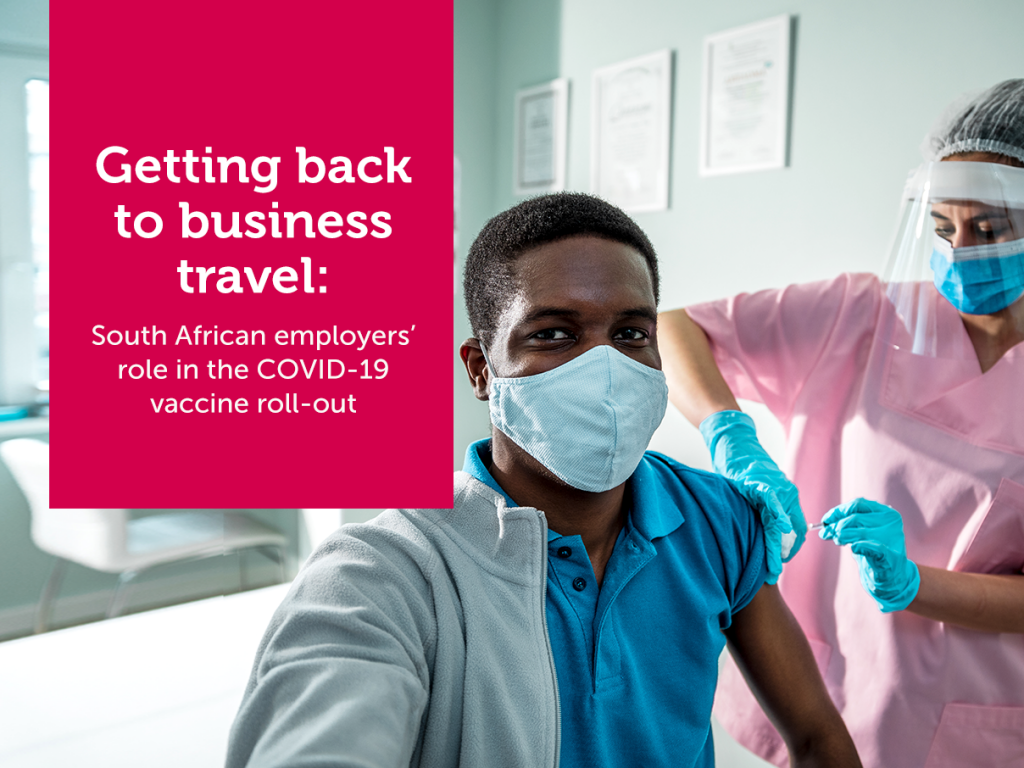
As business travel begins its recovery, things are changing at a rapid click. Many travel policies have had an update, Ts&Cs are more important than ever, and COVID restrictions and protocols continue to change on an almost daily basis.
Feeling a little out of touch? Oz Desai, GM Corporate Traveller, shares seven travel terms to pay attention to right now.
Business travel MIS Data
Most reputable travel management companies (TMCs) will continuously gather business travel management information system (MIS) data to aid enterprises in cutting costs and/or maximising traveller confidence, safety, and compliance regarding all future corporate-related travel.
Business travel MI could include data relating to duty of care, problems experienced before, during, or after a trip and how they were solved, CO2 emissions, and more.
Flexible bookings
The term ‘flexible’ is likely to pop up again and again at the moment – whether you’re talking fares or accommodation bookings. However, not all ‘flexible’ policies are created equal.
“It’s crucial to take the time to examine the fine print before making a payment. In some cases, ‘flexible’ may allow for only a single change to a booking while, in other cases, it may allow for unlimited booking alterations,” comments Oz Desai, GM at Corporate Traveller.
“A ‘flexible’ booking could also allow companies to make penalty-free cancelations, or it could prohibit cancelations entirely and only make it possible to reschedule a flight or a stay following a COVID-related incident that prevented the corporate traveller in question from fulfilling their booking,” he adds.
At the moment it’s all about the Ts&Cs – and it helps to have a TMC in your corner to help you navigate business travel today.
Fully-vaccinated
Europe is starting to open up to fully-vaccinated travellers, including from South Africa, but what does fully-vaccinated actually mean?
According to French officials, proof of vaccination is only valid if it can attest to the completion of a full vaccination schedule, i.e. 2 weeks after the 2nd injection for double injection vaccines (like Pfizer) and 4 weeks after the injection for single-injection vaccines (Johnson & Johnson). Again, it’s useful double-checking your destination’s unique requirements with your travel expert.
Red/amber/green & A,B,C, D lists
A significant number of countries across the globe use red, amber, and green and alphabetical lists to highlight other countries that pose high, moderate, or low risks when it comes to spreading the COVID-19 virus through travel (most often if the country is dealing with new or worrying variants). These lists are generally updated every three weeks.
Travellers travelling from a country on another country’s red list will be barred entry unless they are a national or have residence rights. In these instances, a two-week quarantine period is required.
Those travelling from a country on another country’s amber or green list will usually be required to present proof of vaccination and/or a negative COVID test, followed by undertaking another test upon arrival in the country. These rules will vary based on each traveller’s vaccination status.
Remote working visas
Remote working visas, also known as ‘digital nomad visas’, allow for longer-term stays specifically geared towards remote working individuals or freelancers who are actively employed outside of the country to which they intend to travel. Remote working visas go hand-in-hand with extended ‘workations’ and an always ‘OOO’ (out-of-office) status.
A few examples of countries offering access to remote working visas include Antigua & Barbuda, Dubai, Mauritius, Mexico, and Estonia.
Rogue bookings
Also referred to as ‘off-channel bookings’ or ‘programme leakage’, rogue bookings refer to any travel booked outside of a company’s travel policy/without the necessary go-ahead and guidance from the appointed booker, travel manager or TMC.
While they posed their fair share of concerns pre-COVID, these types of bookings are especially problematic when it comes to post-COVID travel.
“Rogue bookings have the potential to result in higher travel-related costs for the company, as well as impairing the TMC’s ability to keep track of travellers’ whereabouts and provide timeous assistance in the event of an emergency,” explains Desai.
Traveller tracking
Traveller tracking is vital nowadays considering how unpredictable the travel landscape can be. Traveller tracking refers to the act of using technology to remain constantly up to date regarding a travelling employee’s location for the duration of their trip. Traveller tracking makes it easy for the company or TMC to provide tailored assistance, guidance, and support in the case of an emergency, such as the traveller finding themselves stranded at an airport following an abrupt change in travel restrictions.
“Stay responsible, stay safe, and if ever in doubt, reach out to your TMC for 24/7 support – that’s what it’s there for!” concludes Desai.


